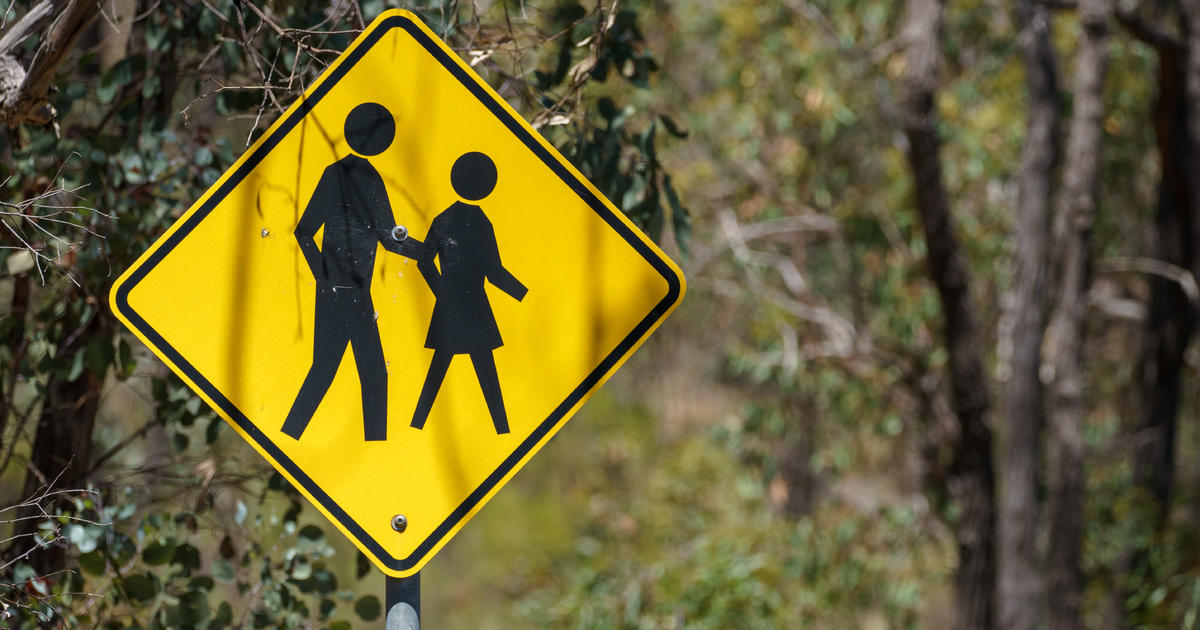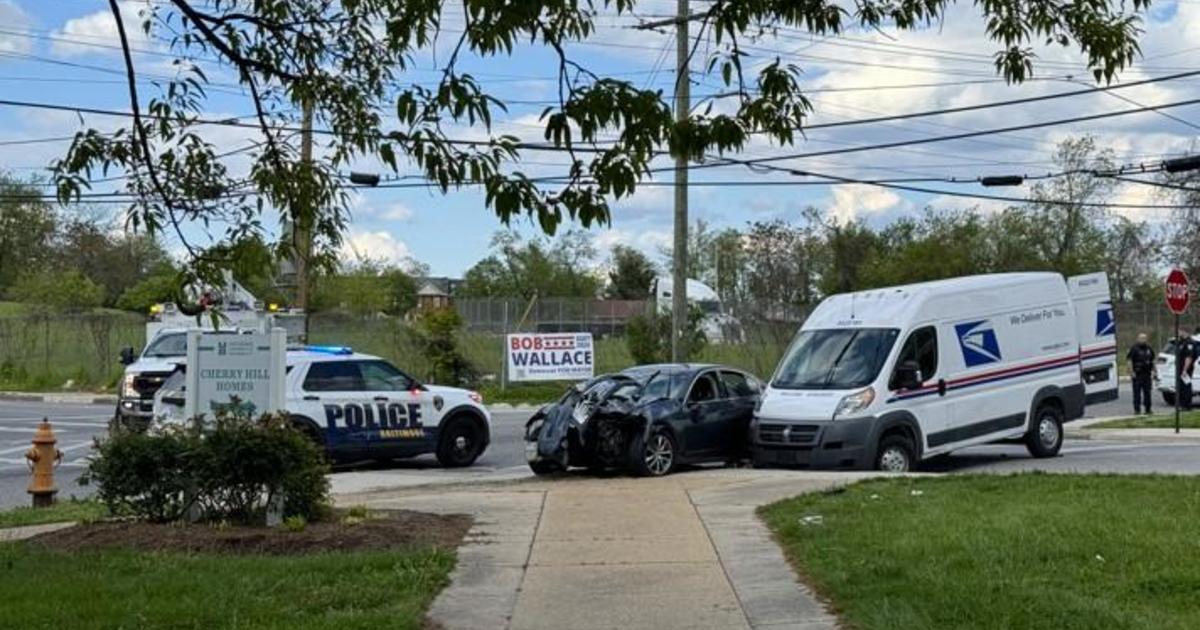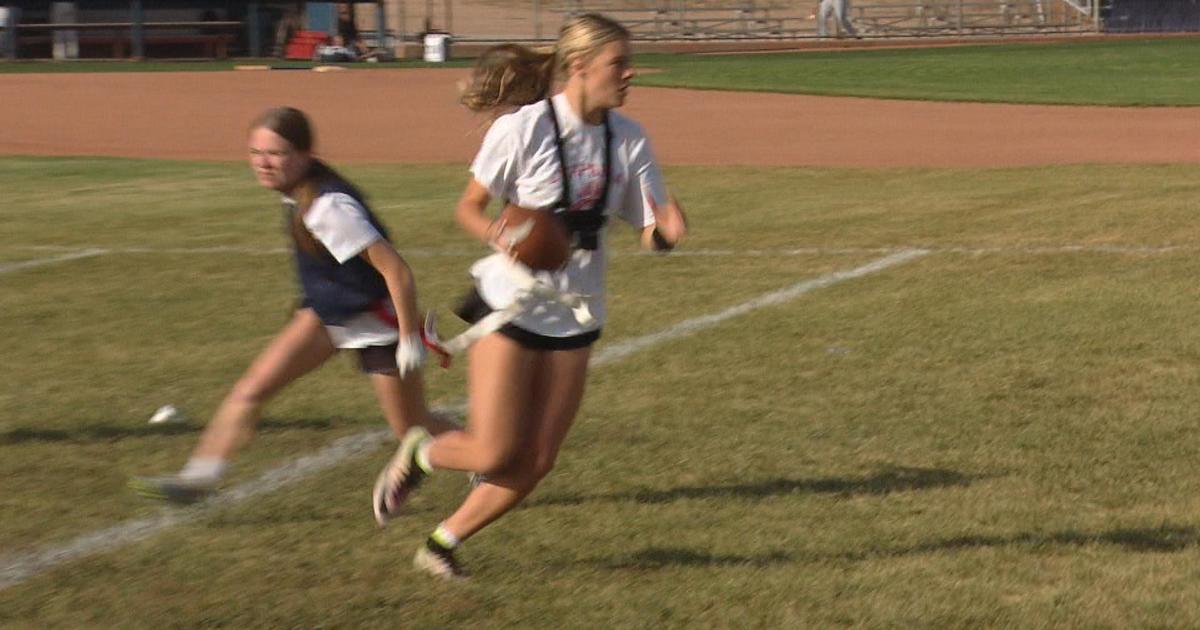Global Ebola Battle Comes To Baltimore
BALTIMORE (WJZ) -- Right here in Maryland, researchers are racing to develop a way to stop Ebola. At the University of Maryland School of Medicine, a dozen brave Marylanders have volunteered their bodies to test an experimental vaccine--but will it work and is it worth the risk?
Mary Bubala spoke with two of those human guinea pigs who say "Yes."
It's a global crisis: Ebola, one of the deadliest diseases on the planet, is killing thousands of men, women and children in West Africa. Now it's a race against time to find a cure.
"Our initial goal is to vaccinate the front line individuals who put themselves at risk," said Dr. Kirsten Lyke of the University of Maryland School of Medicine.
And the battle to end Ebola has come to Baltimore, centering on a dozen brave Marylanders volunteering their bodies to save lives worldwide.
"I wanted to help out. That's the main thing--just given the devastating impact of Ebola on the global community," said Dr. Mark Travassos, a trial volunteer.
WJZ got rare access to speak with two people injected with an experimental Ebola vaccine at the University of Maryland School of Medicine. Dr. Mark Travassos and Khandra Sears are human guinea pigs who both feel the benefits outweigh the risks.
"I take care of a group of children in Mali in West Africa. And right now, I think the problems with Ebola are contained in Mali, but the chance that I might be there and things could go wrong--it's good to have some protection," Travassos.
"All of us here, we know how important it is and we understand that there's a lot of fear out there about Ebola," Sears said.
Travassos and Sears now have a chimpanzee cold virus running through their veins. It's supposed to trick their bodies into thinking it's Ebola and then hopefully fight it.
Bubala: "What did your family and friends say? Were they concerned?"
Travassos: "I think maybe there were some concerns until they learned about the vaccine. It's just a protein from the virus."
Sears: "They wanted to make sure who's on my life insurance policy, that sort of thing. My siblings, especially."
Dr. Kirsten Lyke is one of the researchers crossing their fingers, hoping this works. She couldn't believe how many people volunteered.
Bubala: "Were you surprised how many people were willing to step up and get the Ebola vaccine in this trial?"
Lyke: "Yes. Typically, we'll get two, three, four people in a week volunteering for various studies. Within three to four days, we had 120 volunteers."
Now it's a year-long waiting game as Travassos, Sears and the rest of the volunteers are monitored to see if the groundbreaking vaccine is working.
"They're certainly model citizens who are making a difference hopefully worldwide," Lyke said.
WJZ will continue to follow Maryland's vaccine trials and let you know how they turn out.



